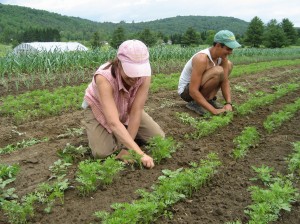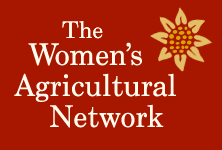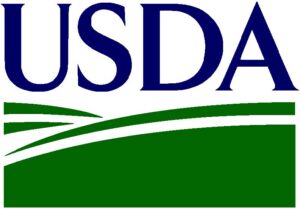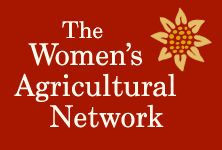Women farmers who are interested in making food accessible to everyone in the community may be interested in our project on farmers and food access. At the Center for Sustainable Agriculture we are researching ways for farmers to make a profit while meeting needs of the underserved.
Before describing this much further, I’d like to introduce myself since this is the first time I am writing on this blog. You can find my bio in the section on “our bloggers” so I won’t repeat what is there. I just want to mention that the majority of my work is at the intersection of agriculture and consumer needs/health. My training is interdisciplinary, with my main interest focused on how we can identify policies/projects/solutions that will help more than one sector of the food system at a time. For example, our efforts to feed hungry kids shouldn’t mean less food on the table in the farmer’s kitchen! In the Vermont food system, we want to create a rising tide that will lift all boats together.
It is from this vantage point that the Center for Sustainable Agriculture has been researching farmers and food access. As you may know, there are many government programs that provide food-related benefits, but also farmer-driven and other grassroots efforts not duplicated across the country. Are certain practices proving to be more lucrative for farmers? Are there approaches that come at the farmer’s expense? In what ways are these approaches creating more food security for households and communities?
We began exploring these questions during the past year through interviews with farmers, and plan to continue our research in the coming year so that we can provide clearer answers for ourselves and for you! In the meantime, staff at the Center wrote a section of the Farm-to-Plate strategic plan that is focused on food security, and includes some strategies for improving our system of food provision. You may want to check it out.
As we have spoken with farmers and others about strengthening food security in Vermont, it has repeatedly been evident that Vermonters are caring people with an ethic of helping ourselves and helping our neighbors. This ethic couldn’t have been more apparent than when Tropical Storm Irene wreaked havoc in our beautiful state. When ongoing challenges, such as hunger and food insecurity, wreak havoc in a quiet yet persistent way, it can be difficult to know what to do and when to do it, despite our best of intentions. We hope our work can help make this more understandable to all. If you’d like more information about what’s happening with this project, please be in touch with Rachel Schattman (Rachel.Schattman@uvm.edu) or me (Linda.Berlin@uvm.edu) at the Center for Sustainable Agriculture.







